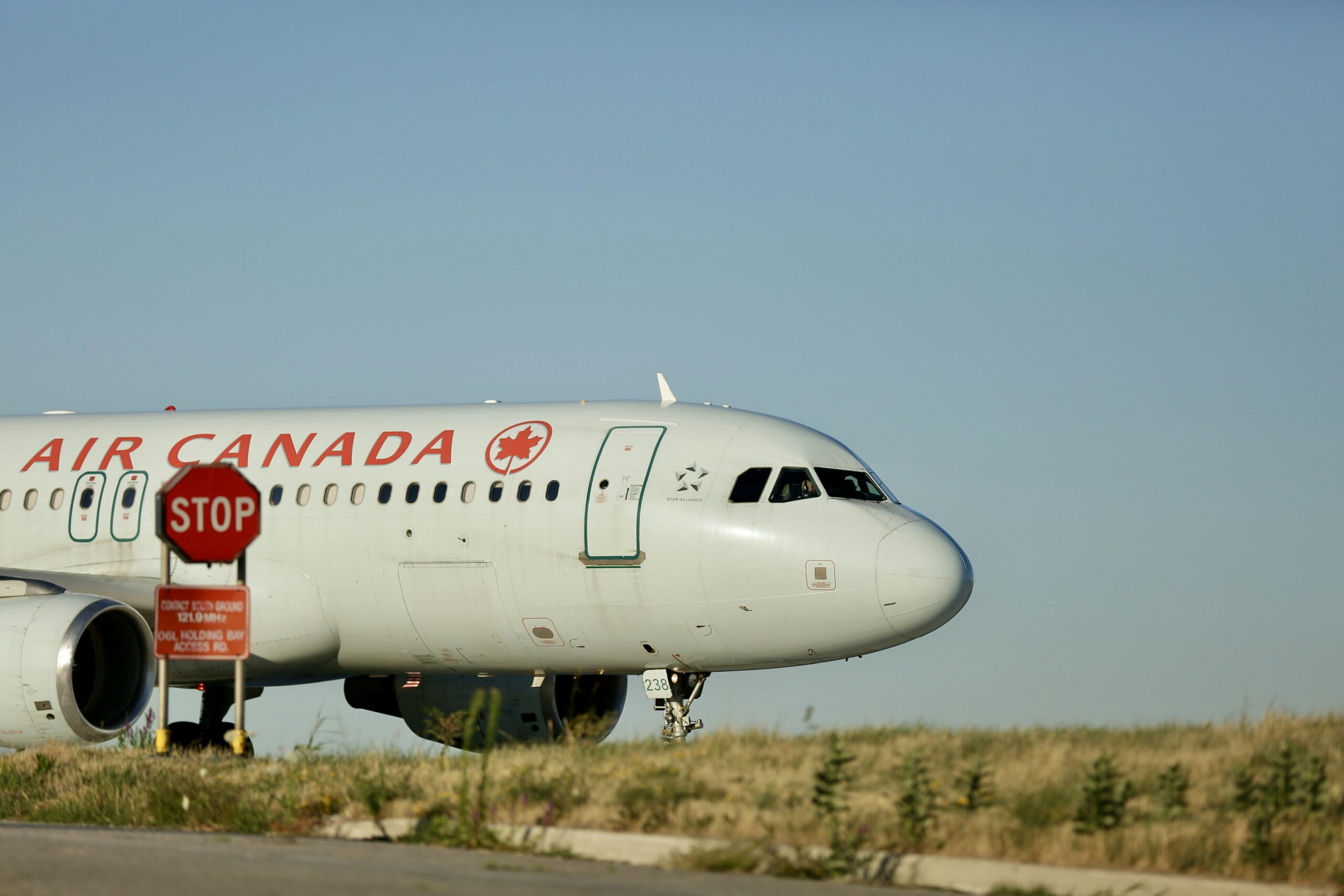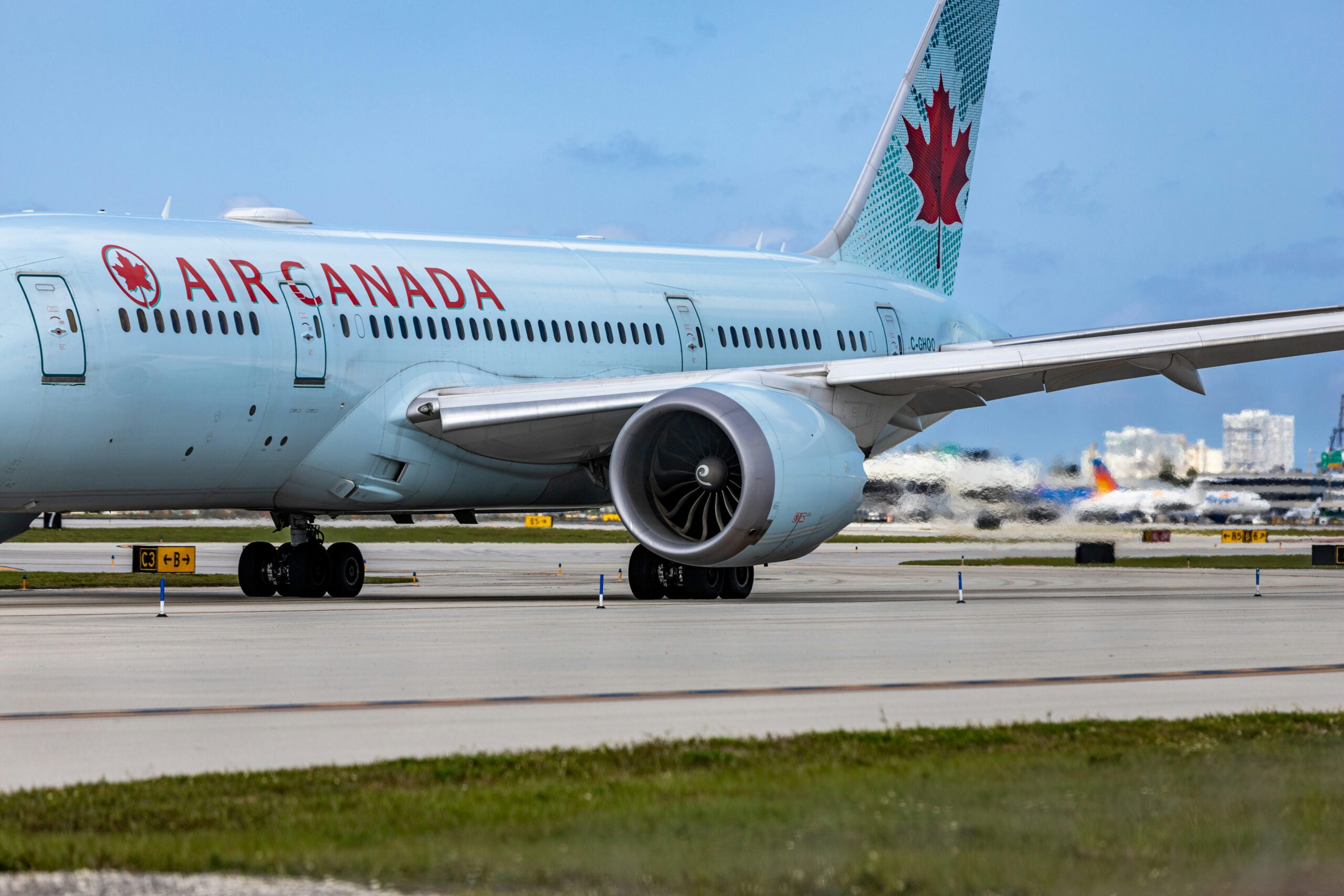
In a significant development impacting air travel, Air Canada has started to cancel flights as a strike by flight attendants looms, threatening to disrupt the travel plans of approximately 130,000 passengers each day. This comes after months of negotiations over wage increases and working conditions have stalled, leading to a tense standoff between the airline and the union.
Immediate Impact on Flights
Air Canada, the nation’s largest carrier, announced that it would begin scaling back its operations, starting with the cancellation of several flights on Thursday. The situation is expected to escalate by the end of the week, with around 500 flights likely to be canceled if the strike proceeds as planned. The airline has issued a lockout notice effective from early Saturday, aiming to pressure the union back to the negotiating table.
Background of the Dispute
The conflict centers around the compensation and working conditions for over 10,500 flight attendants represented by the Canadian Union of Public Employees (CUPE). Despite eight months of negotiations, the two sides have failed to reach an agreement, leading to the current crisis. Air Canada has proposed a 38-percent wage increase over four years, which the union has rejected, arguing it does not compensate for previous pay cuts and the rising cost of living.
Union’s Stance and Demands
The union has been vocal about its dissatisfaction with the proposed terms, emphasizing the need for fair wages and better compensation for ‘ground pay’—the time spent by flight attendants preparing the aircraft without compensation. This includes tasks such as assisting travelers at the airport, handling baggage, and helping passengers settle into their seats.
Consequences for Passengers
The potential strike during the peak summer travel season poses a significant inconvenience to travelers, particularly affecting those in Canada and the United States, where Air Canada operates nearly 430 daily flights. The airline has committed to notifying affected passengers and offering full refunds or alternative travel arrangements where possible. However, they have also warned that securing additional capacity could be challenging due to the high demand during the travel season.
Government Intervention Possible
As tensions escalate, there is a possibility of government intervention under Canada’s Labour Code, which could force an agreement or mandate a return to work. However, the union has urged Prime Minister Mark Carney to avoid intervening, arguing that it would unfairly benefit the airline at the expense of the employees’ bargaining power.
Looking Ahead
With the deadline fast approaching, the outcome of this dispute will have significant repercussions not only for the airline’s operations but also for the broader travel industry, which is still recovering from the impacts of the pandemic. The next few days will be crucial in determining whether a resolution can be found or if travelers will need to brace for widespread disruptions.


